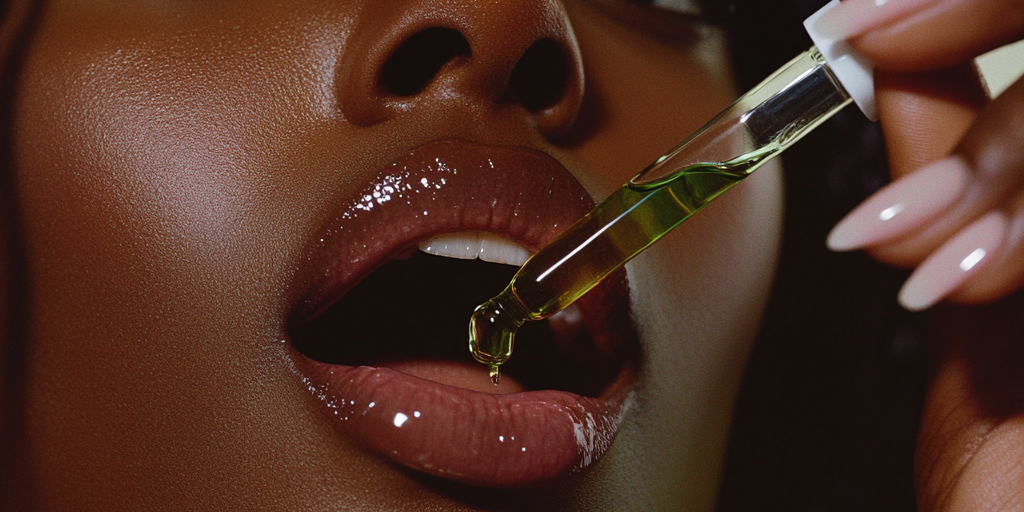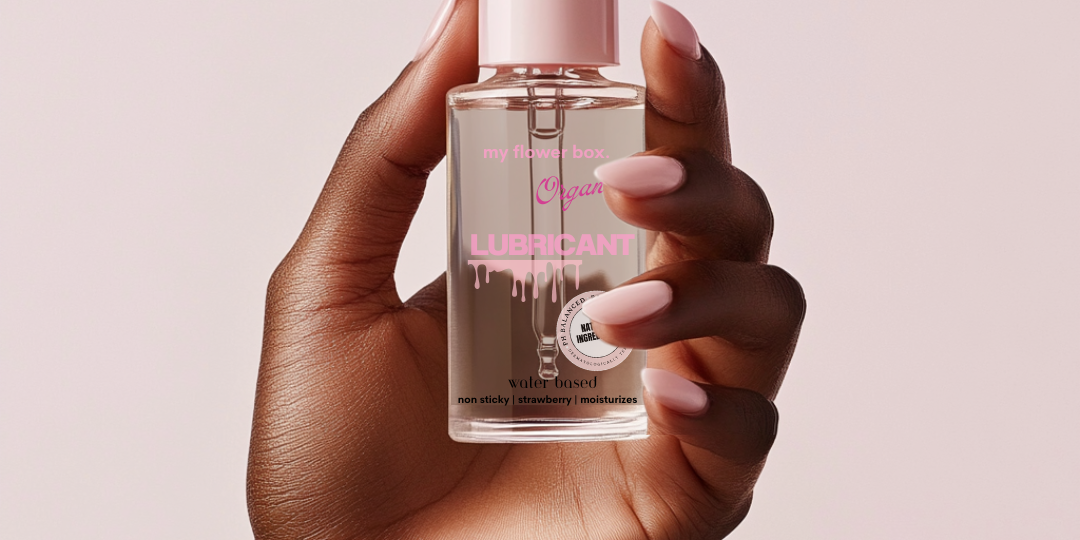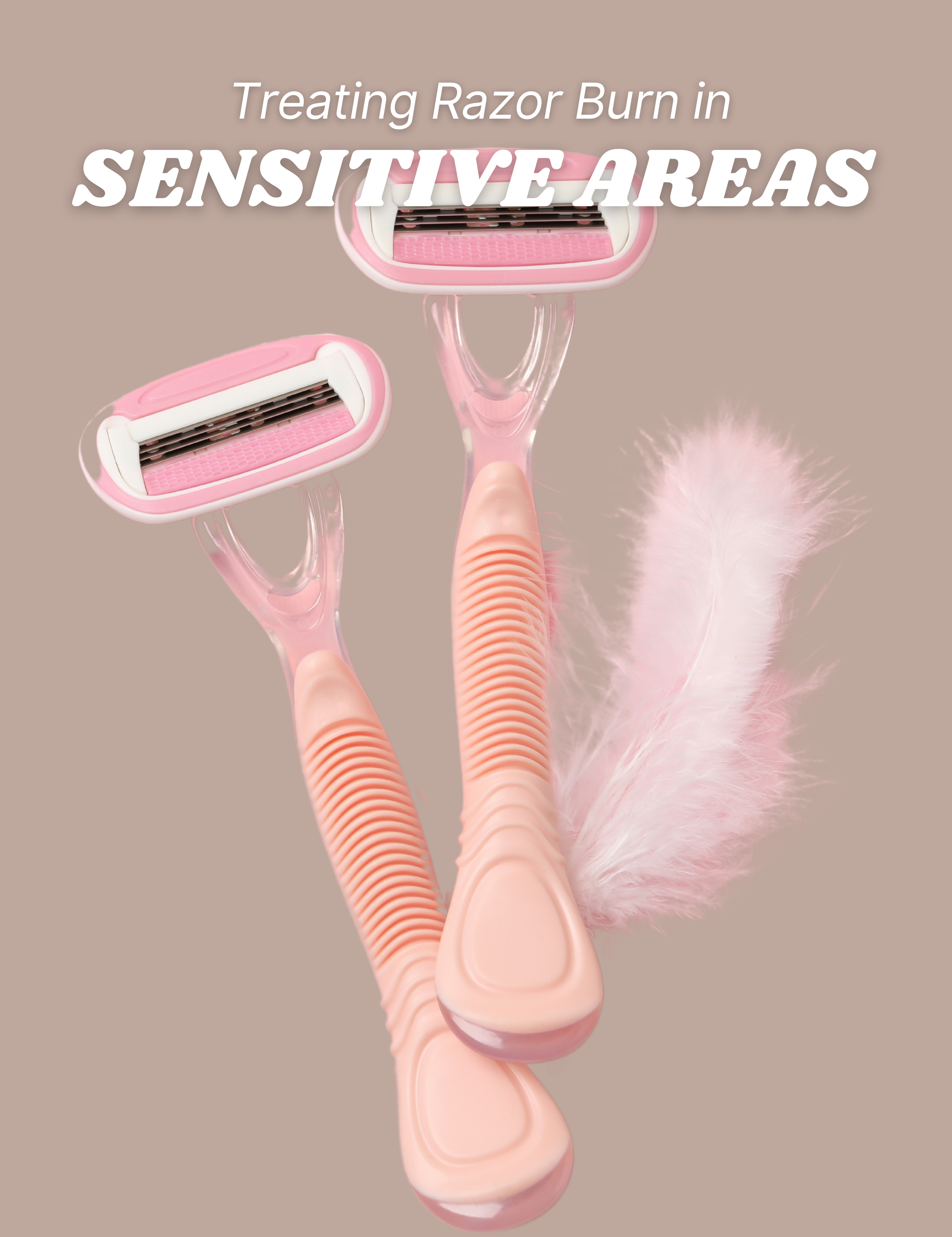The Impact of Hormones on Vaginal Skin Health: What You Need to Know

Vaginal health is a crucial aspect of overall well-being for individuals assigned female at birth. While often overlooked, the skin in the vaginal area plays a vital role in maintaining comfort, moisture balance, and protection against infections. Hormones, particularly estrogen, progesterone, and testosterone, play a significant role in regulating the health of vaginal skin. Understanding the impact of hormones on vaginal skin health is essential for individuals to take proactive steps in maintaining their overall well-being.
Understanding Hormones and Their Functions
Hormones are chemical messengers produced by various glands in the endocrine system, including the pituitary gland, thyroid gland, adrenal glands, ovaries, and testes. They travel through the bloodstream to target cells or organs, where they exert their effects by binding to specific receptors. Hormones play a crucial role in regulating a wide range of bodily functions, including growth and development, metabolism, reproduction, mood, and stress response.
There are several types of hormones, each with distinct functions:
- Estrogen, Progesterone, and Testosterone: These hormones are primarily produced in the ovaries and play various roles in the body. Estrogen is particularly crucial for maintaining the health of vaginal tissue, promoting moisture, and supporting the growth of beneficial bacteria. Progesterone helps regulate the menstrual cycle and pregnancy, while testosterone contributes to libido and overall sexual health.
- Role in Maintaining Skin Health: Hormones influence skin health throughout the body, including the vaginal area. They regulate collagen production, skin thickness, and elasticity, all of which are essential for maintaining the integrity of vaginal skin.
- Specific Importance for Vaginal Skin Health: Estrogen, in particular, is critical for vaginal health. It promotes the production of glycogen, which serves as a nutrient source for beneficial bacteria in the vagina. These bacteria, in turn, help maintain a healthy pH balance and prevent the overgrowth of harmful pathogens.
Effects of Hormonal Changes on Vaginal Skin
Hormonal changes can significantly impact the health and integrity of vaginal skin. Throughout a person's life, hormonal fluctuations occur during puberty, the menstrual cycle, pregnancy, and menopause, each exerting unique effects on the vaginal tissue. Here are some of the key effects of hormonal changes on vaginal skin:
- Puberty and Hormonal Changes: During puberty, hormonal fluctuations lead to changes in vaginal skin, including increased moisture and the development of secondary sexual characteristics. Proper hygiene and education are crucial during this period to ensure optimal vaginal health.
- Menstrual Cycle Fluctuations: Hormonal changes throughout the menstrual cycle can affect vaginal skin health. Estrogen levels peak during ovulation, leading to increased vaginal lubrication, while progesterone dominance in the luteal phase may result in dryness.
- Pregnancy: Pregnancy is accompanied by significant hormonal changes, particularly increases in estrogen and progesterone levels. These changes can impact vaginal skin health, leading to increased sensitivity, changes in pH, and an increased risk of infections.
- Perimenopause and Menopause: As individuals approach menopause, estrogen levels decline, leading to changes in vaginal tissue, such as thinning and dryness. These changes can result in discomfort, increased susceptibility to infections, and sexual dysfunction.
- Medical Treatments: Certain medical treatments, such as chemotherapy or hormone-altering medications, can disrupt hormonal balance and impact vaginal skin health. It's essential for individuals undergoing such treatments to discuss potential side effects with their healthcare providers.
Hormonal changes throughout a person's life can have profound effects on the health and integrity of vaginal skin. Understanding these effects is essential for addressing and managing vaginal health concerns, including dryness, irritation, and discomfort. Consulting with a healthcare provider can help individuals navigate hormonal changes and maintain optimal vaginal skin health throughout their lives.
Common Vaginal Skin Issues Related to Hormonal Imbalance

Hormonal imbalance can lead to various vaginal skin issues, affecting comfort, moisture balance, and overall well-being. Here are some common vaginal skin issues related to hormonal imbalance:
- Vaginal Dryness and Irritation: Hormonal imbalances, particularly decreases in estrogen levels, can lead to vaginal dryness and irritation. This can result in discomfort, itching, and increased susceptibility to infections.
- Increased Susceptibility to Infections: Estrogen plays a crucial role in maintaining the acidic pH of the vagina, which helps prevent the overgrowth of harmful bacteria and yeast. Hormonal imbalances can disrupt this balance, leading to an increased risk of infections such as bacterial vaginosis and yeast infections.
- Loss of Elasticity and Firmness: Decreased estrogen levels can lead to changes in vaginal tissue, including decreased elasticity and firmness. This can impact sexual function and pleasure, as well as overall vaginal health.
- Impact on Sexual Health and Pleasure: Hormonal imbalances can affect libido, sexual arousal, and overall sexual satisfaction. Addressing hormonal imbalances is essential for maintaining sexual health and well-being.
Strategies for Maintaining Hormonal Balance and Vaginal Skin Health
Maintaining hormonal balance is essential for overall health and well-being, including vaginal skin health. Here are some strategies to help support hormonal balance and maintain optimal vaginal skin health:
- Lifestyle Adjustments: Maintaining a healthy lifestyle, including regular exercise, a balanced diet, and stress management, can help support hormonal balance. Avoiding irritants such as harsh soaps or douches is also crucial for vaginal skin health.
- Hormone Replacement Therapy (HRT): HRT may be recommended for individuals experiencing severe symptoms of hormonal imbalance, particularly during menopause. Estrogen therapy, either in the form of pills, patches, or creams, can help alleviate symptoms such as vaginal dryness and discomfort.
- Topical Treatments and Moisturizers: Over-the-counter vaginal moisturizers and lubricants can help alleviate symptoms of vaginal dryness and discomfort. These products provide hydration and lubrication to the vaginal tissues, improving comfort and reducing the risk of irritation.
- Regular Gynecological Check-ups: Regular visits to a healthcare provider are essential for monitoring vaginal health and addressing any concerns or symptoms of hormonal imbalance. Open communication with healthcare providers is crucial for receiving appropriate care and treatment.
Conclusion
Maintaining hormonal balance is essential for overall health and well-being, including vaginal skin health. Hormones play a crucial role in regulating the moisture, elasticity, and integrity of vaginal tissue. Understanding the impact of hormonal changes on vaginal skin health and implementing strategies to support hormonal balance is essential for individuals to maintain optimal vaginal health and overall well-being. By prioritizing hormonal balance and seeking appropriate medical care when needed, individuals can enjoy improved vaginal health and quality of life.
People May Ask
- Why is hormonal balance important for vaginal skin health?
Hormonal balance, particularly adequate levels of estrogen, is crucial for maintaining the moisture, elasticity, and integrity of vaginal tissue. Estrogen promotes the growth of beneficial bacteria, regulates pH balance, and supports overall vaginal health.
- What are some common vaginal skin issues related to hormonal imbalance?
Common issues include vaginal dryness and irritation, increased susceptibility to infections such as bacterial vaginosis and yeast infections, as well as changes in elasticity and firmness, which can impact sexual health and pleasure.
- How do hormonal changes during pregnancy affect vaginal skin health?
Pregnancy is accompanied by significant hormonal changes, including increases in estrogen and progesterone levels. These changes can lead to increased sensitivity, changes in pH balance, and an increased risk of infections.
- What lifestyle adjustments can support hormonal balance and vaginal skin health?
Maintaining a healthy lifestyle, including regular exercise, a balanced diet, and stress management, can help support hormonal balance. Avoiding irritants such as harsh soaps or douches is also crucial for vaginal skin health.
- What are some treatment options for addressing hormonal imbalances affecting vaginal skin health?
Treatment options may include hormone replacement therapy (HRT), which can help alleviate symptoms of hormonal imbalance, particularly during menopause. Additionally, topical treatments and moisturizers can provide relief from symptoms such as vaginal dryness and discomfort.
Revitalize Your Vaginal Health with MyFlowerBox: Take Charge of Hormonal Balance Today!
Experience the rejuvenating benefits of MyFlowerBox and reclaim your vaginal health today! With our specially curated products designed to support hormonal balance and vaginal skin health, you can take proactive steps towards feeling your best. Don't wait any longer – empower yourself to prioritize your well-being and embrace a happier, healthier you with MyFlowerBox.
0 comments





